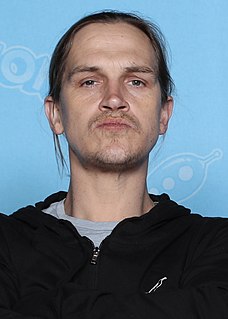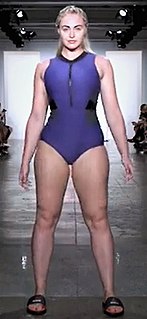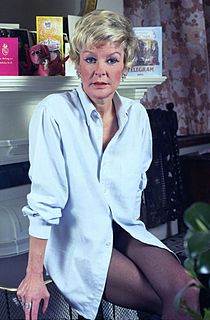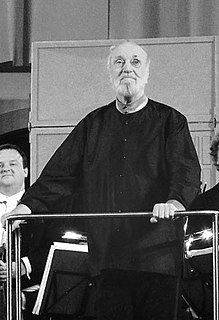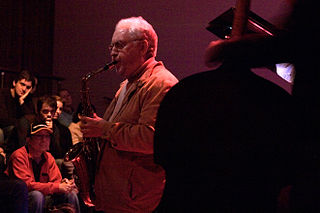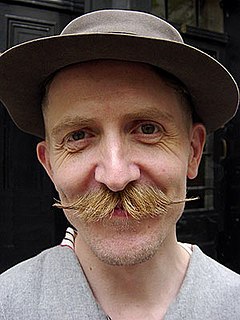A Quote by David Byrne
I came to New York to be a fine artist - that was my ambition.
Related Quotes
You're supported by everything in New York if you want to be a performing artist. You come here, you can change your name. You leave home, you come here, you're severed from family obligations - the old identity drops away as soon as you come to New York because you're coming to New York, if you're an artist, to be someone else.
There are roughly three New Yorks. There is, first, the New York of the man or woman who was born here, who takes the city for granted and accepts its size and its turbulence as natural and inevitable. Second, there is the New York of the commuter — the city that is devoured by locusts each day and spat out each night. Third, there is the New York of the person who was born somewhere else and came to New York in quest of something.
Everything I learned and didn't do in New York I would put into place here in the London West Hollywood. It's fascinating, when you look at the critics' reviews, and we had a great one in the New York Observer and all that, and then the New York Times came and it was a devastation; two stars out of four. They said that I played safe because it wasn't fireworks. Then they judged the persona over the substance that was on the plate.


